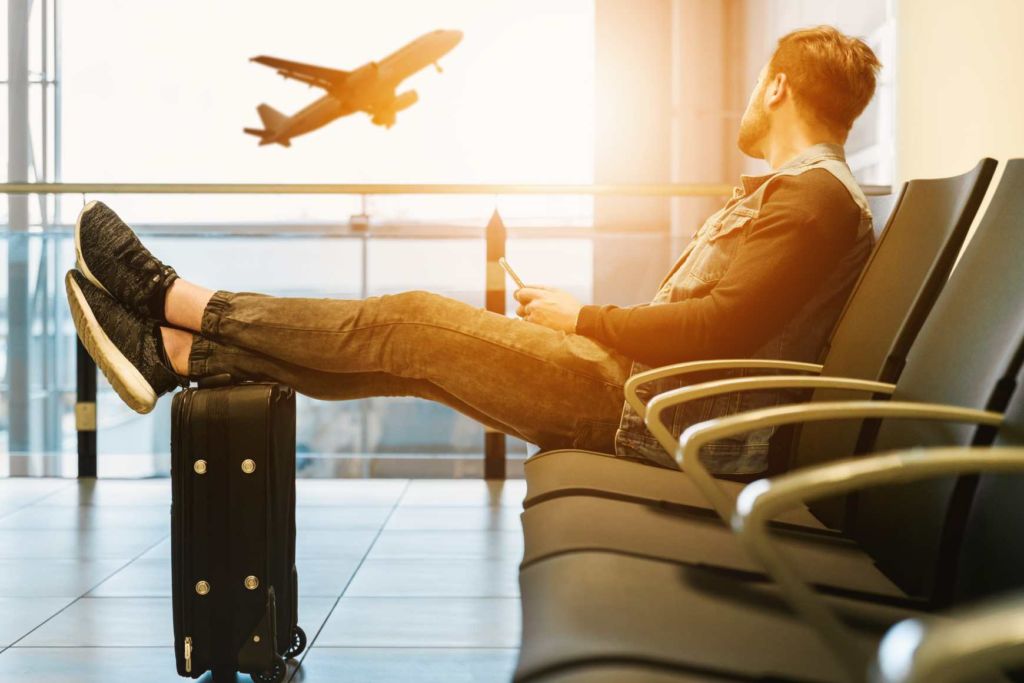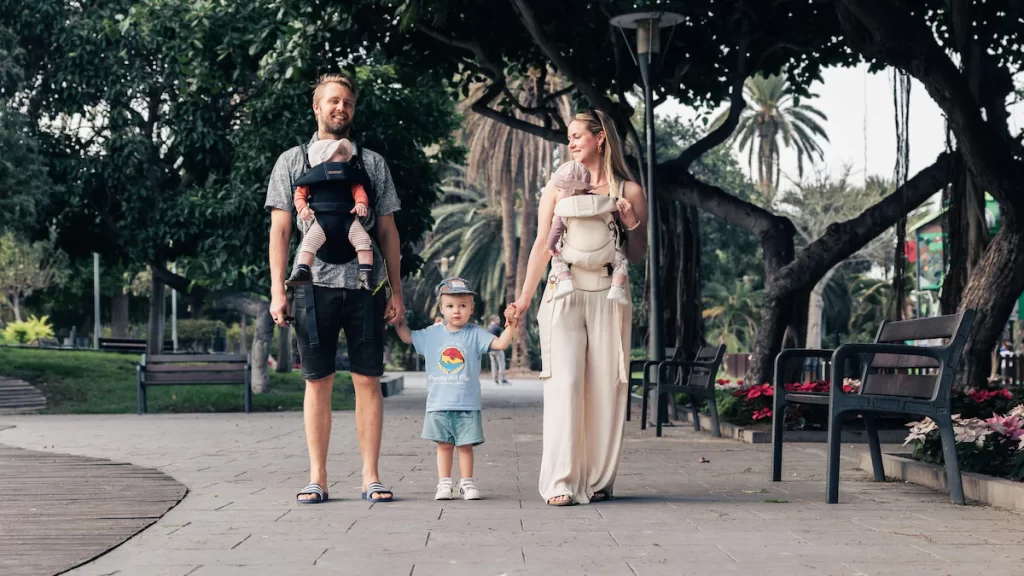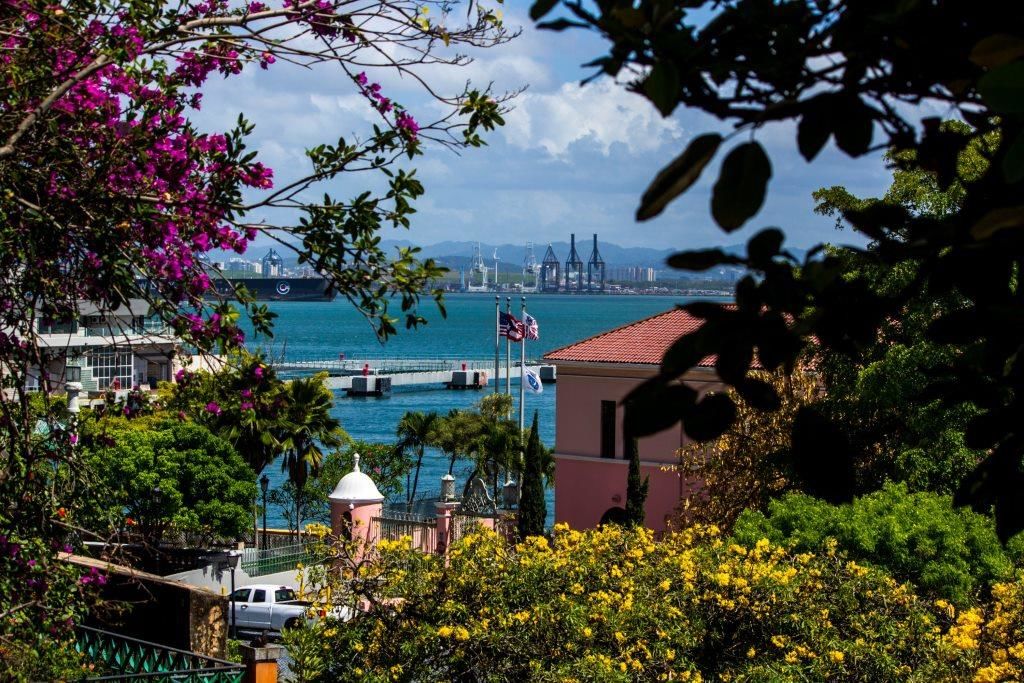This CarTrawler-sponsored report focuses on post-virus consumer behavior and how airlines can best serve a travel economy in recovery.
1. Capacity and inventory will decrease through business failures
IATA estimates global passenger traffic will drop nearly 40 percent for 2020 based upon a spread of COVID-19 beyond earlier predictions. As bad as this appears, IATA’s projections might be overly optimistic. As goes the airline industry, so go vast swaths of the travel business to include hotels, vacation rentals, car hire, and sightseeing. Each of these categories will have business failures. Economic reality says many companies will cease to exist or will stumble along and eventually fail.
Travel industry capacity will shrink. Many aircraft will remain parked and older models will be scrapped. Weaker airlines will merge with others or simply disappear. Some hotels will close and be repurposed for other uses, or will sit empty waiting for travel to recover. Newly constructed hotels will open during this period which will increase pressure on older room inventory.
The human toll will be substantial, but we will define a new normal. Travel industry employees will lose jobs through no fault of their own, and encounter severe financial stress.
2. Closer to home will define leisure travel for the near term
“Safer close to home” will most certainly define the near-term psychology of leisure travel, and may also apply to business travel habits.
History provides limited advice for how the recovery will occur. For the SARS epidemic, travel began to recover three to four months after the start of the crisis; this equates to June and July for 2020. That’s unlikely to happen given the severity of COVID-19.
Travel will be strongest within regional geographic areas. Americans will travel within America, Europeans within Europe, with Asia perhaps seeing the same trend. Long-haul international travel will not be attractive for most leisure travelers. Travelers will equate “rural and outdoors” with good health, and “crowds and public spaces” with higher risk.
3. Health safety will become an ever-present factor
Personal sanitation assurance while using public facilities is now a priority. Protection against disease will become an expectation in the same manner that protection from terrorism has been built into the travel system.
Delta has introduced a branded promise to ensure better sanitation. “Delta Clean” is positioned as a continuing commitment. This includes “disinfecting high-touch areas customers care most about being clean, like tray tables, seat-back entertainment screens, arm rests and seat-back pockets.”
4. Consumers will expect low prices, and low prices will stimulate traffic
Everyone, with few exceptions, will focus on frugality during and after the pandemic. The wealthy have seen their investment values crumble and will naturally feel pinched. For middle-and lower-income consumers, the pandemic has immediate financial effect. Business travel will be limited to meet essential needs. Two factors will influence consumer spending. First, the collapse of demand, and the desire by suppliers to build traffic, will make low prices the prevalent means of promotion. Secondly, consumers have been trained to expect low prices during economic difficulties.
5. Government investment will have strings attached
2020 and 2021 will be years in which news of any executive bonus payouts, to include stock options, will be met with howls of anger. When airlines recover, it will be due to the support of consumers, hard work of employees, nimble managers, and assistance provided by governments. Airline management teams must carefully balance very necessary revenue (and cost reduction) initiatives against public scrutiny of fairness.
6. Change fees will be even more unpopular
For the global airline industry, this genie is already out of the bottle. In response to the pandemic, airlines all over the world have opened the floodgates of flexibility. Changes can be made without fees, with refunds issued as cash or travel credit. Airlines are not alone, with hotels, vacation rental, and car hire companies waiving cancellation fees for pre-paid and non-changeable bookings.
7. A portion of business travel will never return
Some business travel will be replaced by technology because people have adapted to remote meetings. Short meetings between a couple of people could easily be replaced by meeting online, whereas sales calls and factory visits almost always require travel to the site.
8. Google will be distracted by other opportunities
Google’s opportunities in the travel industry are pale by comparison. Our industry no longer represents an opportunity for quick profits. In addition, the task of selling travel requires direct customer service support; this has never been an area of strength for Google. Contrast all of this with the vast funds that will flow into the areas of online education and public safety during the next 5 years, and you have an answer. Google is not motivated to conquer the travel industry.









